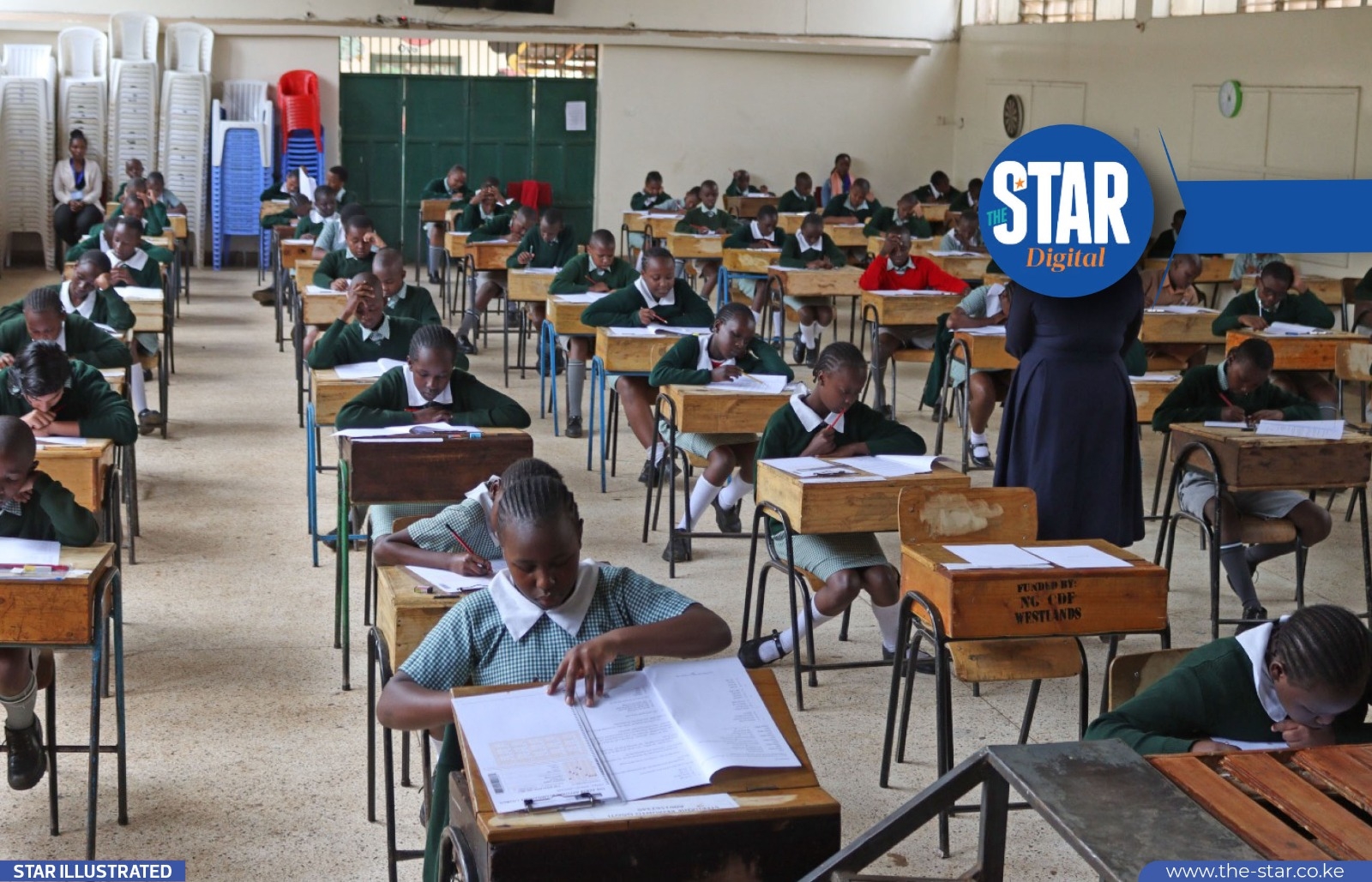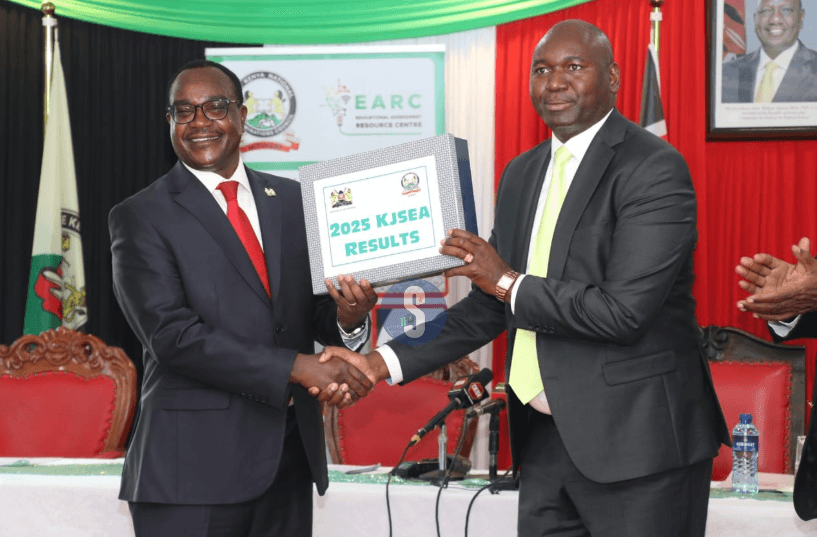Principal Secretary for Environment, Climate Change and Forestry Festus Ng'eno has said the special report on climate change and cities allows Kenya to make sure that adaptation is prioritised.
He said even though the 6th assessment cycle delivered improvements in regional representatives, there still is a lot of science from "our part of the world".
Speaking during the seventh assessment cycle of the Intergovernmental Panel on Climate Change (IPCC), he said more science needs to get into the assessments.
"There are also gaps in knowledge that we need to collaboratively work on to fill to ensure they can be assessed. In this decade of action, what comes out of the IPCC needs to capture our unique, intricate, context-specific needs if we are to develop evidence-based response measures," the PS said.
He said talking about where our shortfalls are without developing ways to address them is akin to aimlessly punching the air.
With this, he emphasized the need to increase awareness of the IPCC and its role in supporting policy development among experts and researchers.
"The need to reach out to diverse stakeholders and encourage multidisciplinary research can be filled by our careful development of this strategy to address such needs," Ng'eno said.
The PS said this would be a win for the continent and urged the support of each other on fundamental issues so that we present a united front and push towards desirable outcomes for our region.
The University of Nairobi Vice-Chancellor Stephen Kiama said the report will play a pivotal role in fostering understanding of climate change impacts, risks and vulnerability.
He therefore said there is a need for a deeper understanding of the challenges and opportunities for urban resilience on the continent.
"Africa must participate actively in the generation of this report as well as in the line-up of other knowledge products in the 7th assessment cycle, to reflect the uniqueness of the continent," Kiama said.
He noted that the university will continue to provide the requisite technical backstopping to the climate change discourse whenever invited to do so.
"I am happy to note that in the recently ended 6th assessment cycle of the IPCC, the University of Nairobi gave some of its best researchers to lead the work of chapters in Working Group I as well as Working Group II of the IPCC from our Faculty of Science and Technology," Kiama said.
Also present was the Director of Kenya Meteorological Services David Gikungu who said it was time for Africa to take proactive steps to address climate change and safeguard its future.
He said it's time for Africa to lead the development of tailored responses to climate change that align with our unique needs and priorities.
"Despite some progress in addressing African issues in the 6th assessment cycle, significant gaps remain. Let us use them to guide our approach to AR7 and ensure that our critical needs are addressed," Gikungu said.
He said there is growing recognition of the need for extensive and inclusive collaboration across decision-making processes.
This he noted is from scientific research to action implementation and funding allocation.
Gikungu therefore said prioritizing the inclusion of African voices while integrating indigenous knowledge and involving the youth are essential steps.
"For Africa, adaptation is urgent. One of the key deliverables for AR7 involves updating the 1994 IPCC Technical Guidelines on impacts and adaptation and developing adaptation indicators and metrics. The product will empower Africa’s efforts in advocating for an effective Global Goal on Adaptation," he said.














